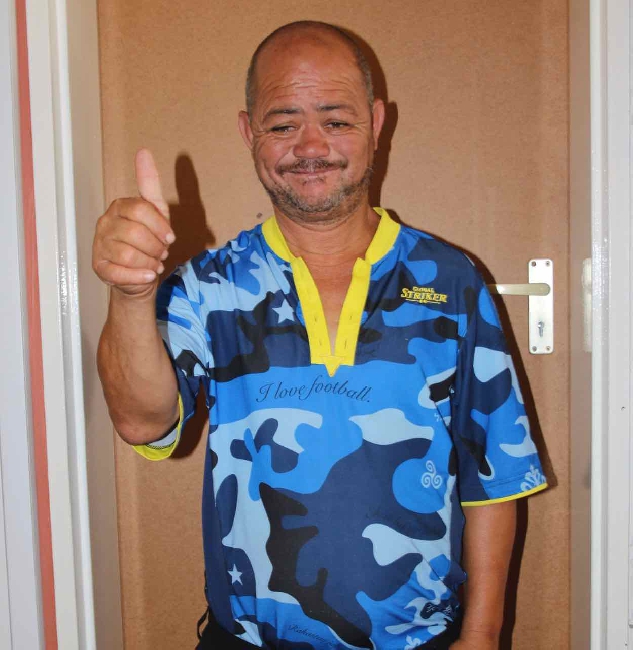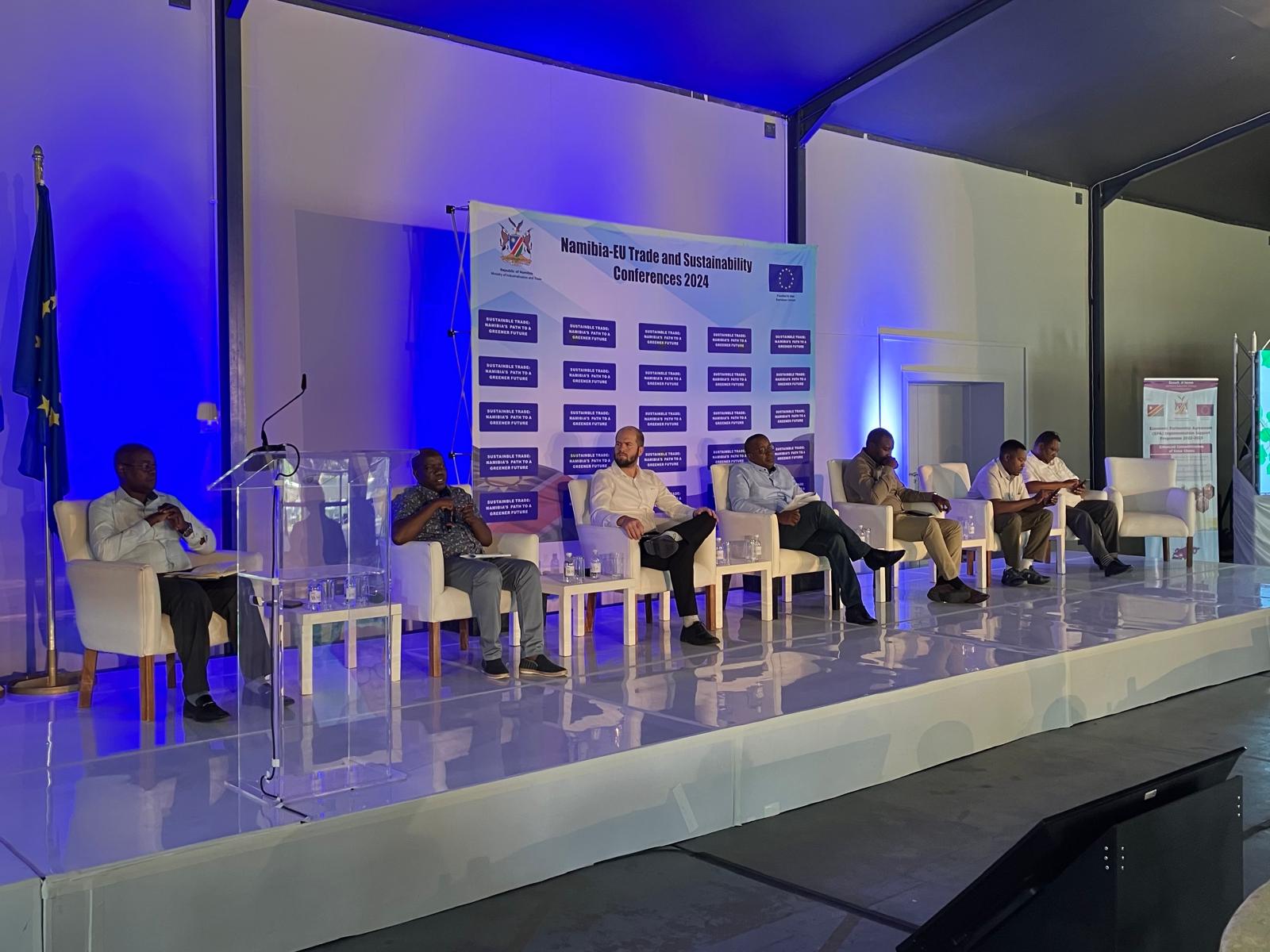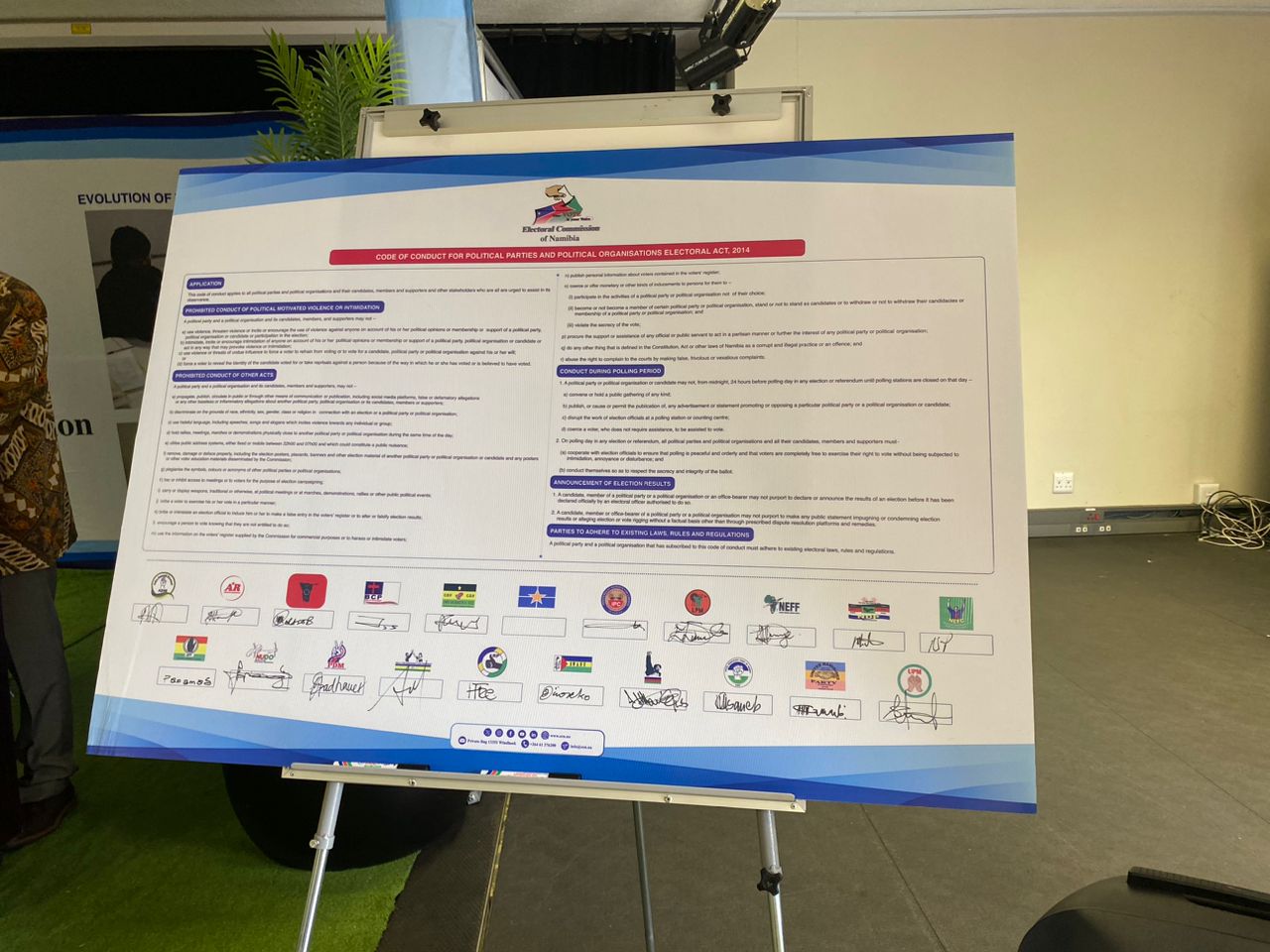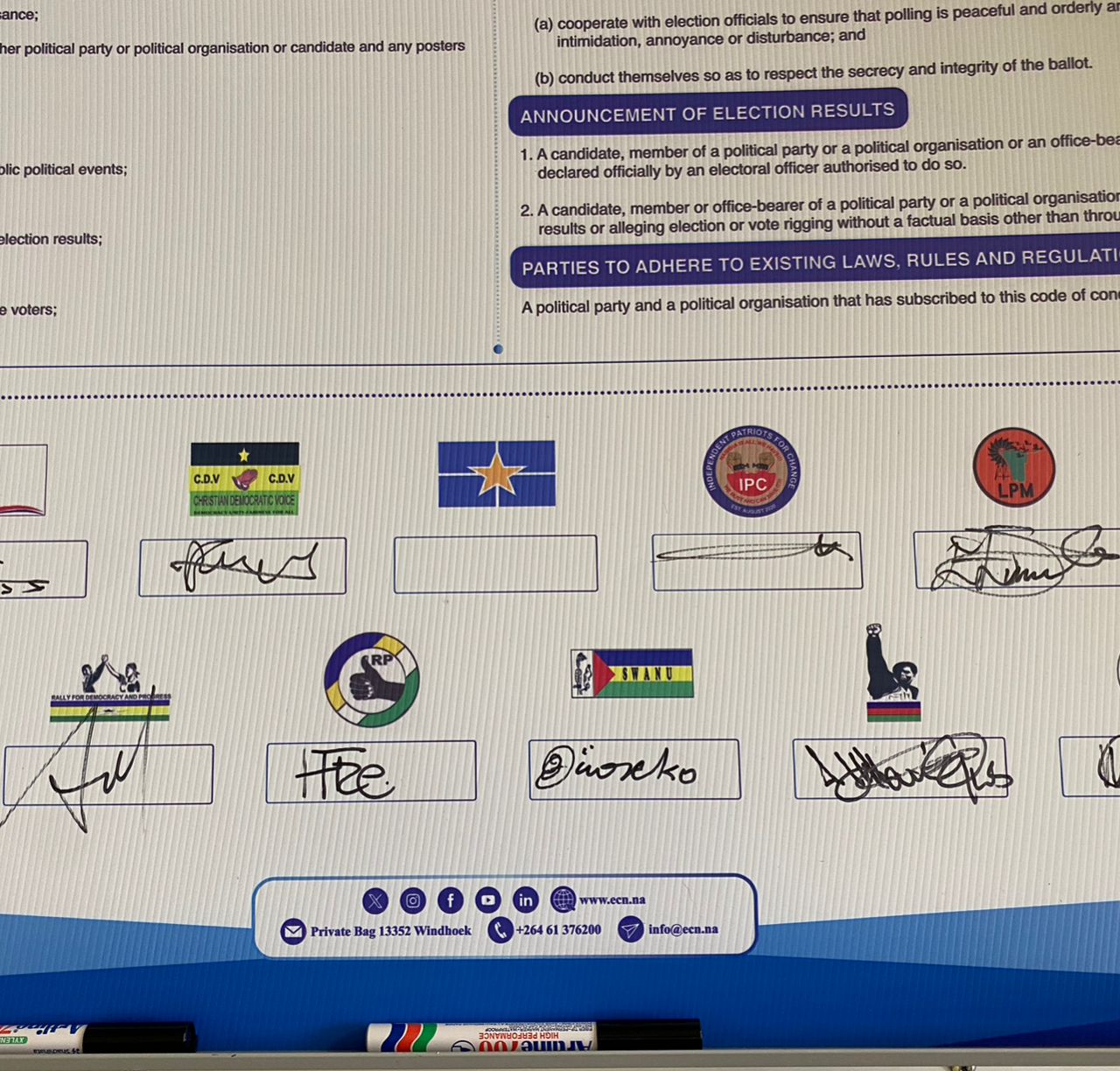• Isack Hamata ROBBIE Savage contributed to a greater cause than just football or sport. That is what I concluded as I stood by his bedside on the sixth floor of Katutura Intermediate Hospital, moments after he gave his last breath to this earth on 20 July, 2017.
I wondered, did Robbie know the impact he had on the people and the country? Did he know how big a legacy he had left behind? He perhaps knew that he was loved and adored by many who he came into contact with, especially people in the sports and entertainment business, but was he aware of how empty Namibians would feel at his death?
My first encounter with Robbie was at the Sanlam National Athletics Championships at the Independence stadium in 1991. Then a young and energetic Robbie, he was all over the show, cheering on the athletes and pestering the waitresses in the VIP section.
I then met him again a year later, in Otjimbingwe, a day after Frank Fredericks won his first Olympic silver medal at the Barcelona Summer Games. We had driven to Otjimbingwe in Bishop Zephania Kameeta’s yellow Corolla which his son, Tutu, creatively liberated from his garage in Khomasdal.
The occasion was the annual sports competition between Martin Luther High School and Paulinum student partners. We were there to support our alma mater.
I also had the privilege to travel with him to the north in the mid-1990s to attend a friend’s wedding where he was going to be the ‘best man’. At the groom’s house, we were given meat as is the norm at most weddings in the north.
Not being a red meat eater, I was minding my own business and he asked why I was not eating with them. This is how our brief conversation about eating meat went:
Robbie: “Hoekom eet jy nie vleis nie?”
Me: “Ek hou nie daarvan nie.”
Robbie: “Nou wat eet jy?”
Me: “Net hoender en vis.”
Robbie: “Is jy siek of wat?”
Me: “Nee, ek is nie siek nie. Ek hou net nie van rooi vleis nie.”Robbie: “Dan is jy mal, man.”
Although I saw him around many other times later, it was in 1998 that I got closer to him.
As the country’s number one sports fan, and national football team mascot, Robbie became very close to the then Prime Minister, Dr Hage Geingob, who was also a sports fanatic in his own right.
When we qualified for the finals of the African Cup of Nations, Geingob insisted that Robbie should also go to Burkina Faso, on the Lear Jet. He organised that Robbie gets a passport and gets help to complete all the formalities so they can jet out together to West Africa.
Upon arriving at Home Affairs, a security officer there refused to let Robbie in. Not very impressed, Robbie showed him the note from the Prime Minister and he was let in.
As he went in, Robbie said to the guard “Baie dom jy”. In a jiffy, he got his passport.
I would encounter him again in Bobo Diaulasso, the town in Burkina Faso where the Brave Warriors played their group matches. Being part of Geingob’s entourage and guests of the Burkinabe Prime Minister, Robbie was allocated his own car and driver. That meant he could go anywhere his heart desired, except, he was not familiar with his new environment and had to rely on his driver to take him to places.
On the night of our first match against Ivory Coast, Robbie was denied VIP access. He joined me on the pavilion from where I was taking notes. Just minutes into the game, we were trailing 3-0. It was a very bad time to be a Namibian. We were the laughing stock of everyone else in the stadium.
But not for Robbie. He cheered the team on while the rest of us were stressing.
After half-time, things turned around for us. We levelled the score 3-3 and started playing like men possessed. In the end, we lost the match 4-3 but won the hearts of many across the continent. Coaches Peter Ueberjahn and Rusten Mogane decided to give the boys the night off.
Thinking that they didn’t have to worry about baby-sitting Robbie while they were enjoying themselves in the small town of Bobo, the Braves were shocked to see Robbie rocking up at Hotel Ouatinoma with his chauffeur and a bevy of girls in tow. As things turned out, Robbie owned the night. The locals had taken to Robbie like moths to fire.
I also remember the day Robbie decided to abandon the Brave Warriors and travelled to South Africa with friends. The headlines read: “Where is Robbie?” A week later he returned to Namibia and remorsefully went on NBC television to apologise for ‘dropping’ the team.
I also recalled our meetings at Nando’s or elsewhere in town [Windhoek’s CBD]. One day, Robbie came to my office and demanded that I be called as a matter of urgency. I dropped what I was doing and rushed back to the office, only to find that it was Robbie waiting for me. I asked him what he wanted and his answer was: “Hoe vra jy my so”?
That was the Robbie that many of us came to know over the years.
Robbie frequented sports fields since the 1980s but he shot to prominence after independence, particularly in 1992 when the NBC started airing an American drama series, Life Goes On.
The main character in the series was a guy called ‘Corky’ and the storyline was about his family trying to socialise or integrate him into ‘normal’ society. The family enrolled him in a regular high school despite the principal’s demand that Corky be placed in an alternative programme for people with Down Syndrome.
Being the most prominent person with Down Syndrome in Namibia, people identified Robbie with the main character in Life Goes On and as a result children (and adults alike) referred to Robbie as Corky.
Stay informed with The Namibian – your source for credible journalism. Get in-depth reporting and opinions for
only N$85 a month. Invest in journalism, invest in democracy –
Subscribe Now!






